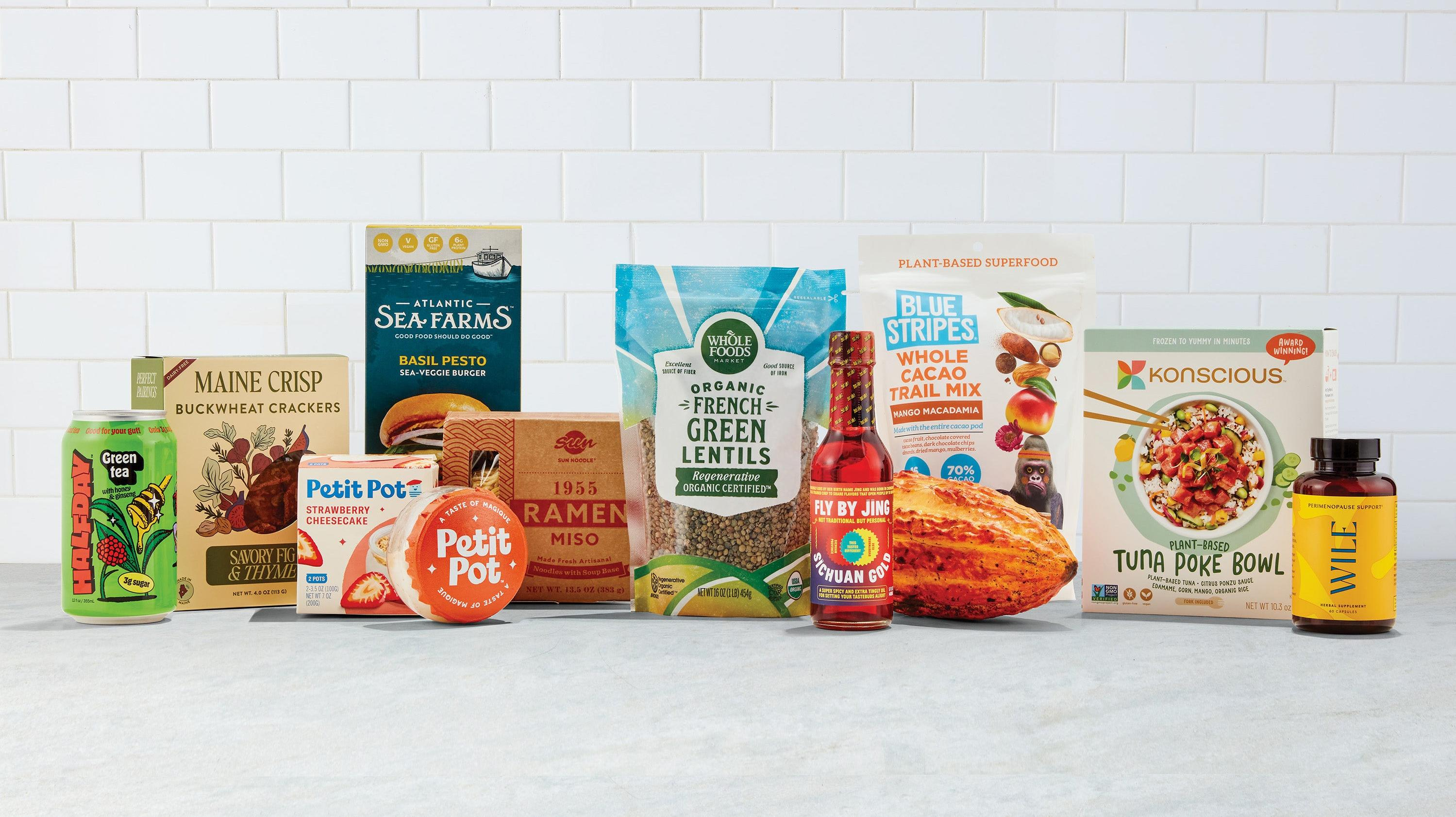Whole Foods Isn't So Great At Predicting Food Trends
We look back to see how successful Whole Foods has been in its trend forecasting.
Whole Foods just released its 2024 food trend forecast, an annual list that's always worth keeping a close eye on. It's interesting to see which types of products are predicted to make it big, or at least see the ones that Whole Foods hopes will hit it big. It must be a big deal, because a panel of 50 people, including culinary experts, buyers, and even foragers, comes together to compile it year after year.
Sometimes, though, the things it predicts can be a miss. Even the experts' educated guesses don't always get it right—after all, speculation is just that, even when you've got the inside scoop. Consumers' habits aren't always so tidy. Here's what Whole Foods has gotten wrong in the past.
Whole Foods trend predictions, past and present
Whole Foods' forecast for the year 2022 was fairly decent at predicting consumers' desires, namely to reduce their use of animal products, drink more alcohol-free spirits, and discover more functional beverages that have added benefits beyond just quenching our thirst. Products that satisfy these desires continued to flood the market throughout 2023.
But the predictions went a bit off the rails when it came to ultra-specific products and categories. Whole Foods declared that 2022 would be the year of sunflower seeds, turmeric, hibiscus, and... moringa. If you just felt the reflexive urge to look up what moringa is, you can save yourself the Google search—it's a tree whose flowers, leaves, seeds, and roots purportedly contain "superfood" properties. Did you chow down on a bunch of sunflower seeds, turmeric, hibiscus, and moringa in 2022? I'm guessing not; even turmeric seems to have reached its peak trend levels in 2018-2020.
Whole Foods' predictions for 2023, meanwhile, cast an even wider, stranger net. One was the rise of yaupon, a type of holly bush found in the Southern United States and believed to be North America's only native caffeinated plant. To the best of our knowledge, it didn't rise to the level of national prominence; I even scoured my inbox to see if eager PR firms had contacted us about yaupon, typically a good indicator that something is "on the rise." Zilch.
Alternative plant-based pastas, another one of Whole Foods' predictions, have indeed hit the market with some success, including Banza's chickpea-based one (which we're not a fan of, but that's okay). However, Whole Foods' suggestion that we'd see a flood of more specific ones like green banana, cassava, and hearts of palm pasta doesn't seem to have connected. These products certainly exist—but they're not front and center in the marketplace.
Then there was a prediction that date sweeteners, kelp, and avocado oil would take off. They all have their uses, and have for a long time, but their adoption at the national level continues to be slow and steady, rather than a spike in popularity.
We'll be reviewing Whole Foods' 2024 predictions soon. Surely some of them will be accurate, but there's bound to be a few oddballs in the mix that just won't pan out. With 2024 just around the corner, let's hope that at the very least, it's a delicious year.
